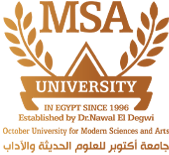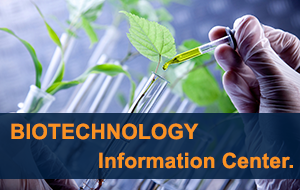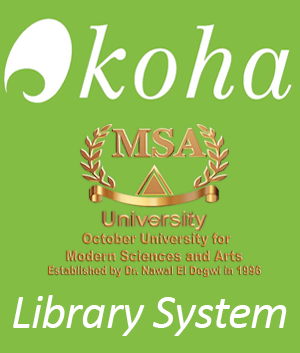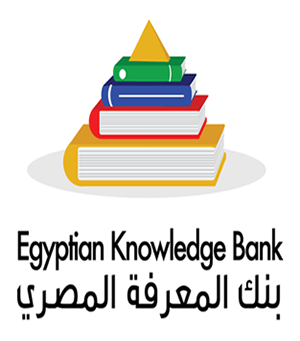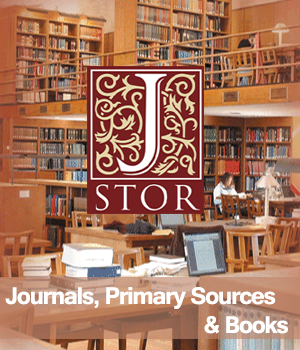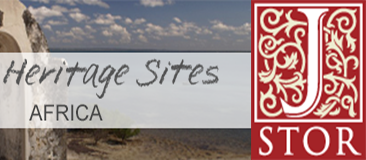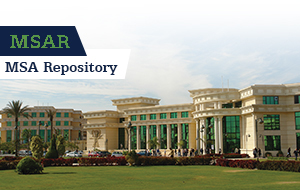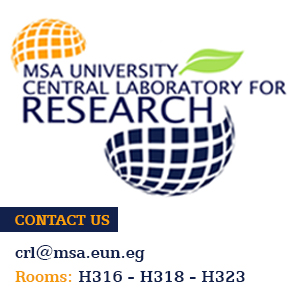MSA Library
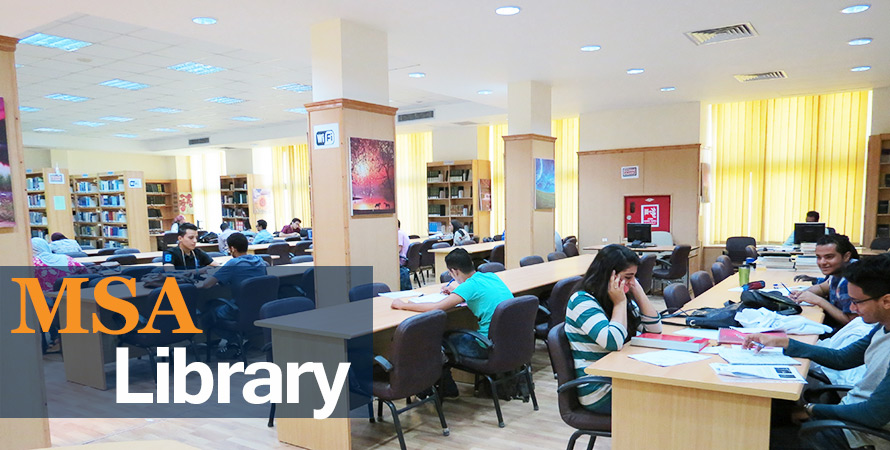
Our staff will be glad to sincerely help you gain the maximum benefit through using the Library resources. Should any of you have an inquiry, problem or any sort of inconvenience when attempting to use any of the Library resources, feel free to contact any of the Library team for help and support, you will all witness incredible growth and development of the MSA University Library. This will be reflected in the opening of a new State-of-the-Art Library in fall 2014.
The book items are organized by subject using Classification Numbers. If you look up a book in our catalogue, you will be informed of its classification number (we use the Dewey Decimal scheme where every book has a 3-digit number that is usually followed by a decimal point and extension numbers to indicate its subject, Besides printed books and journals, the Library of MSA University subscribes to a growing number of electronic databases in which electronic versions of thousands of journals can be found.
The Library team will be glad to help you to identify and use the electronic resources that you need for your studies. Training sessions will be held regularly to train the students on how to use the databases effectively. Such training will be scheduled as a part of your studies. The Library of October University for Modern Sciences and Arts services all of the faculties. All the functions and services of the Library are fully computerized and they are available to all faculty members, students and staff via the university's network.
The Library is furnished with a modern desks tables, benches and shelves of books, periodicals and graduation projects. The hall to view a capacity of about 800 Users, Central Library is equipped with central air conditioning, sound system and a special library and equipped with the latest communication rules of international specialized data devices.
The Library also provided with computer devices which is high efficiency and connected courses. Internet access is available to all users of the students and members of the teaching staff and their assistants up to 125 device.
* It is worth mentioning, the headquarters of October University for Modern Sciences and Arts fully covered Pal Wi Fi which access to the Internet, and various databases from anywhere at the university.
The Library tries to achieve this aim through achieving the following objectives:
- Being the gateway for local and global information.
- Providing sources of information to meet the needs of all staff members and students.
- Training users on how to search for and retrieve information.
- Helping the beneficiaries to take advantage of the real sources of information available.
- Promoting cooperation among all units of the university as well as sharing resources with other libraries locally and regionally.
Summarizing all of the above, the Library of October University for Modern Sciences and Arts has the following mission:
"To provide the best possible information services to the students and staff of MSA University using the most effective media, and to help students and staff derive the greatest benefit from the library's hybrid collection of printed and electronic resources".
Benefits & Features:
1-Collecting the university's intellectual outputs in one and central place.
2-A solution for preserving the university's intellectual outcomes.
3-Strengthening and raising the reputation, prestige and prestige of the university.
4-Displaying the university's intellectual production and increasing its awareness internationally
5-increasing the viewing and viewing rates and the number of reference citations for the university's intellectual
6-production To provide distinguished services to the university community, including learners and academics.
7-Reducing the time period between scientific discoveries and disseminating research findings in traditional ways.
8-Promote and support the principle of free access to information.
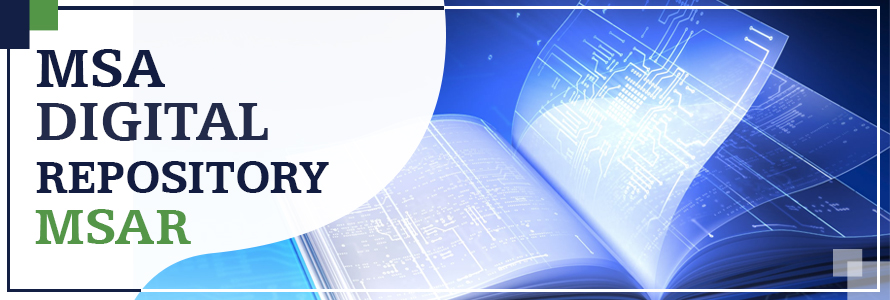
We are contented and proud to announce that Modern Sciences and Arts- MSA University Digital Repository (MSAR) came on the first top three searches of the digital repositories for Egyptian universities in the latest Google results for the best digital repository for Egyptian Universities.
To many more upcoming successes!
The Koha Library catalogue is part of the open source Library system that MSA University uses. You can use the catalogue to search for books by title, author, subject heading, or keyword. You can also combine 2 or more search fields to achieve more accurate results. Ask the library staff if you need more help with this. By clicking on the required book you will have more details on where you can find it.
2. Information Desk: The enquiry or information desk is meant to help users find the information they need regarding a specific subject. Questions can vary from simply asking about the availability of a book to questions about having articles about any Subject.
3. Reading and Studying Spaces: The individual study area is located on the Third & Fourth floor including electronic library lab on second floor of Building L This area is provided for reading and studying individually. Talking or using cellular phones is not allowed.
4. Computers and Printing: The Library provides 125 computer machines for the use of students and staff. The use of computers is restricted to accessing databases or internet access for academic work only. MSA Library also provides the facilities of printing and scanning.
5. Online Databases:
EKB (Egyptian Knowledge Bank) is one of the largest national projects that is concerned with education in Egypt, it aims to provide a huge and diversified sources for knowledge and culture for free, to all Egyptians.It comes after contracting with several international publishing houses to publish their contents in all scientific and cultural disciplines, to have the system for the new Egyptian cultural revolution completed.
(Egyptian Knowledge Bank) Official presentation
EBSCOhost is a powerful online reference system accessible via the Internet or direct connection. It offers a variety of proprietary full text databases and popular databases from leading information providers. The comprehensive databases range from general reference collections to specially-designed, subject-specific databases for public, academic, school, medical, corporate, and government libraries.
JSTOR is a growing digital library of academic journals, books, and primary sources. JSTOR's archival journal collections include more than two thousand journals in the humanities, social sciences, and sciences. Both multidisciplinary and discipline-specific journal collections are offered, covering more than 50 academic disciplines. We also offer access to more than 2 million digitized primary source objects.
Global Plants is a community-contributed database used by students and researchers worldwide.Global Plants lets herbaria share their plant type specimens, experts determine and update plant names, and students discover and learn about plants in context. The database is an essential resource for institutions supporting research and teaching in botany, ecology, and conservation studies.
Aluka is an online digital library focusing on materials about Africa Cultural Heritage Sites and Landscapes for Art and design. Aluka's mission is to connect scholars from around the world by building a common platform that allows online collaboration and knowledge sharing. Aluka's audience is higher education and research communities worldwide. Using Aluka, you can explore the archaeology, history and culture of Africa through its heritage sites and landscapes.
(MDIC) The Medical and Drug Information Center.
(BIC) Biotechnology Information Center.
| Name | Position |
|---|---|
| Hatem Ahmed Ibraheem | Library Manager |
| Mostafa Shehab Shwkat | Deputy Library Manager |
| Ahmed Abd El- Nasser Helal | Library Systems Administrator |
| Hassan Hameed | Information Specialist |
| Omar Abd El-Aziz | Information Specialist |
| Mohamed Essam | Information Specialist |
| Ahmed Yehia | Information Specialist |
| Marwan Mostafa | Information Specialist |
| Khaled Saad | Library Assistant |
For more info visit: http://central-library.msa.edu.eg/cgi-bin/koha/opac-main.pl?news_id=21
Recently MSA library added a new service called QR Code,Now you can use Smart Library Catalog from any smart phone by reading the Library QR Code.To read QR Codes, you need a handheld device with a camera, web browser, and QR Code reader software (an app) from Google Play & App Store,
Android Devices: https://goo.gl/RDsf7T
Apple Devices: https://goo.gl/oZRbSU
QR Code User Manual:
1- After downloading the QR Code reader application, scan the QR code for shelves or books at the library.
2- Follow the link you receive by QR Code reader to reach your result.
3- All results are automatically saved in QR Code reader History for quick retrieval.
When you visit the University Library you will find all the library shelves with the QR codes by linking these codes to the library's automated system,You can access all bibliographic data for books and periodicals and see the book cover directly and quickly.
- The library is a quiet working environment in which talking and mobile conversations are prohibited. Mobile phones should be set to Silent before entering the library.
- Eating, drinking and smoking are not permitted in the library. Waste paper and other waste should be disposed of in the bins provided.
- Library computers should be used only for academic work.
- Books must not be taken from the library unless they have been officially borrowed and stamped with a return date.
- Users should not attempt to re-shelve books. Instead, they are required to leave them on the table to be re-shelved by the library staff.
2. Borrowing Books
- To register as a user, go with your University ID card, to the Library Circulation Desk.
- Students may have up to two books on loan at any one time for a period of seven days each (except for books labeled REF). Loans may be renewed for seven more days if the book is not required by another user. If you wish to renew the loan of a book, you should bring it back to the library for re-stamping. During the extended loan period, a book may be recalled at any time, and must be returned immediately.
- Staff may have up to three books on loan at any one time for a period of one semester.
- All books borrowed should not be passed on to other students or staff.
- If you reserve a book, you must collect it before 12:00 PM on the second working day after its return. Otherwise, it will be returned to the shelves and will be available for other users.
- Users will be charged the full cost of replacement or repair of lost or damaged books.
- Fines will be charged for the late return of books unless the delay is caused by illness or other reasons beyond the user's control. Evidence of illness or other circumstances will normally be required at the time of return.
- The level of fines charged will be displayed in the Library and on its website and may vary from time to time.
- CDs may not be borrowed.
- The following penalty system will be applied for the late return or non-return of books borrowed from the Library:
- Two LE per book for each overdue working day during the first week after the return date stamped in the book.- Any book overdue for more than 4 weeks will be considered lost, In such a case, the user will be charged its cost plus 25% of the current price of the book (with a minimum of 20 LE) to cover the administrative overheads.
- The previous overdue penalties will be added to the user's fees due at the end of the semester (if not paid before then).
- To help ensure that no student will disadvantages others by keeping books for long periods bef
ore examinations, penalty fees will be doubled for four weeks before University examinations and during the examination period. - Penalties will also be doubled for the non-return of books that are recalled for the use of other readers.
zenci porno asyalı porno brazzers yaşlı porno amatör porno yaşlı porno sex hard seks tecavüz porno rokettube mature porno hd pornolar
Distinguished Projects List
View the distinguished graduation projects separately by each faculty with access to each Project using the QR code through the following links:
- Arts & Design
- Biotechnology
- Computer Sciences
- Dentistry
- Engineering
- Languages
- Management Sciences
- Mass Communication
- Pharmacy
